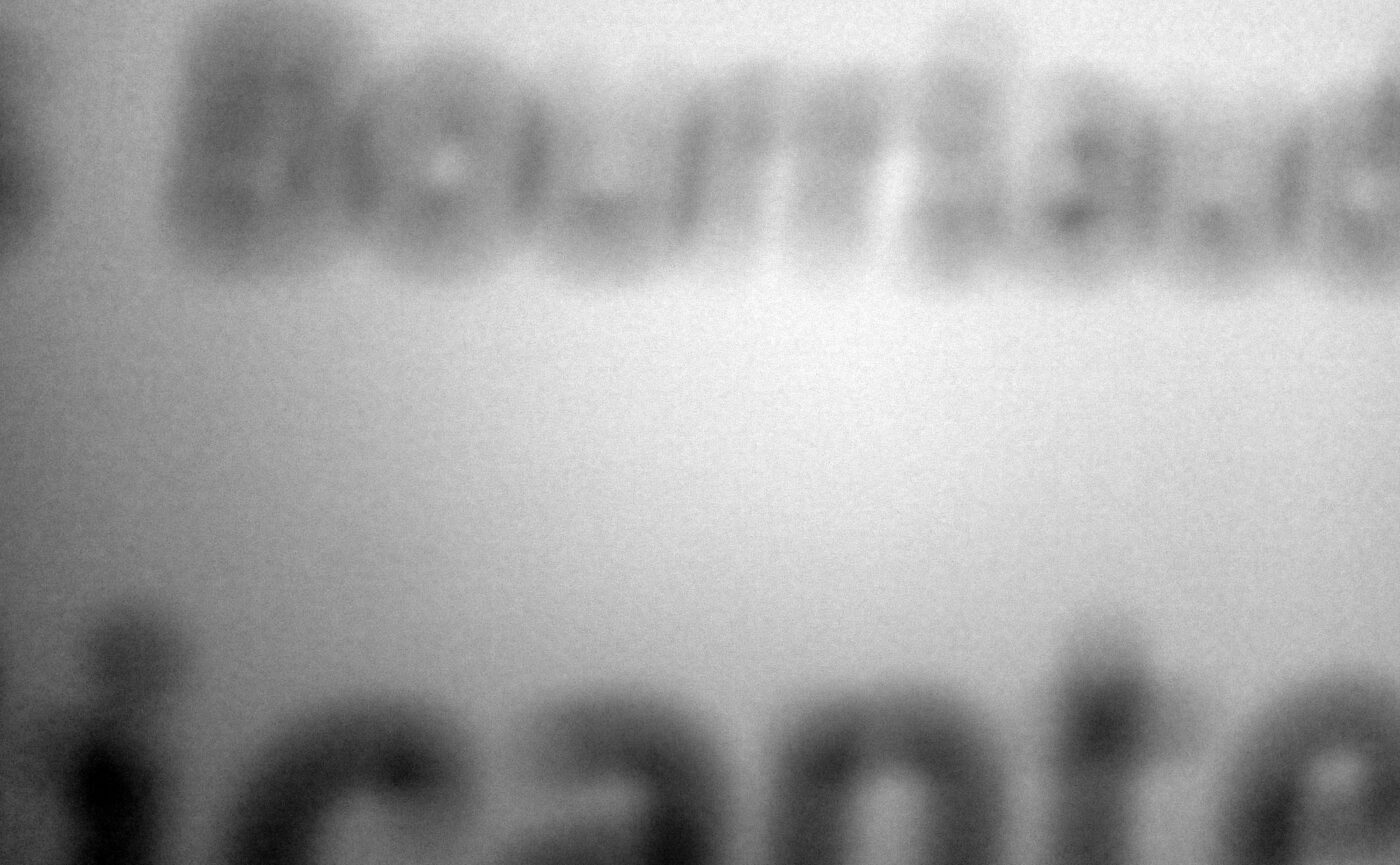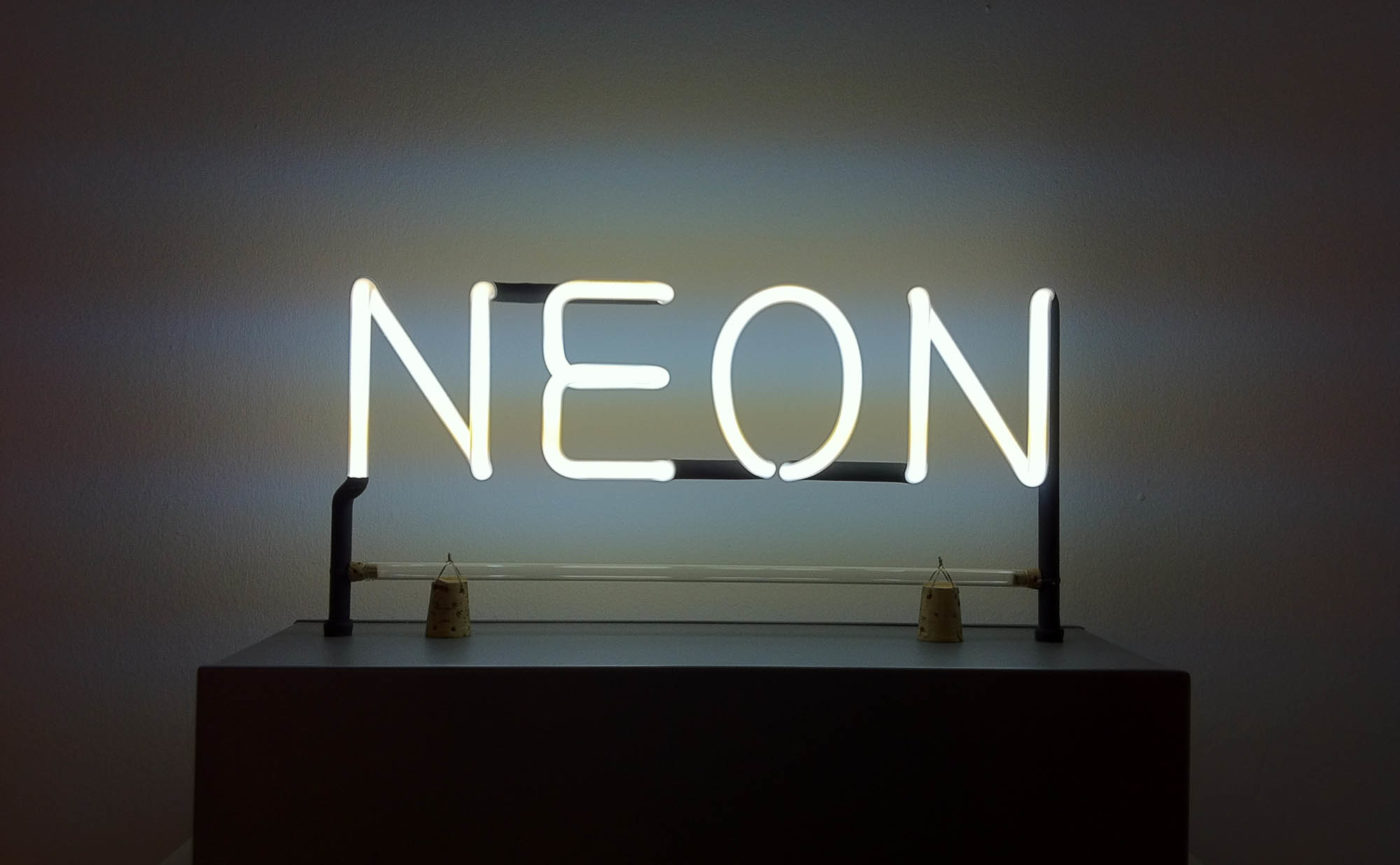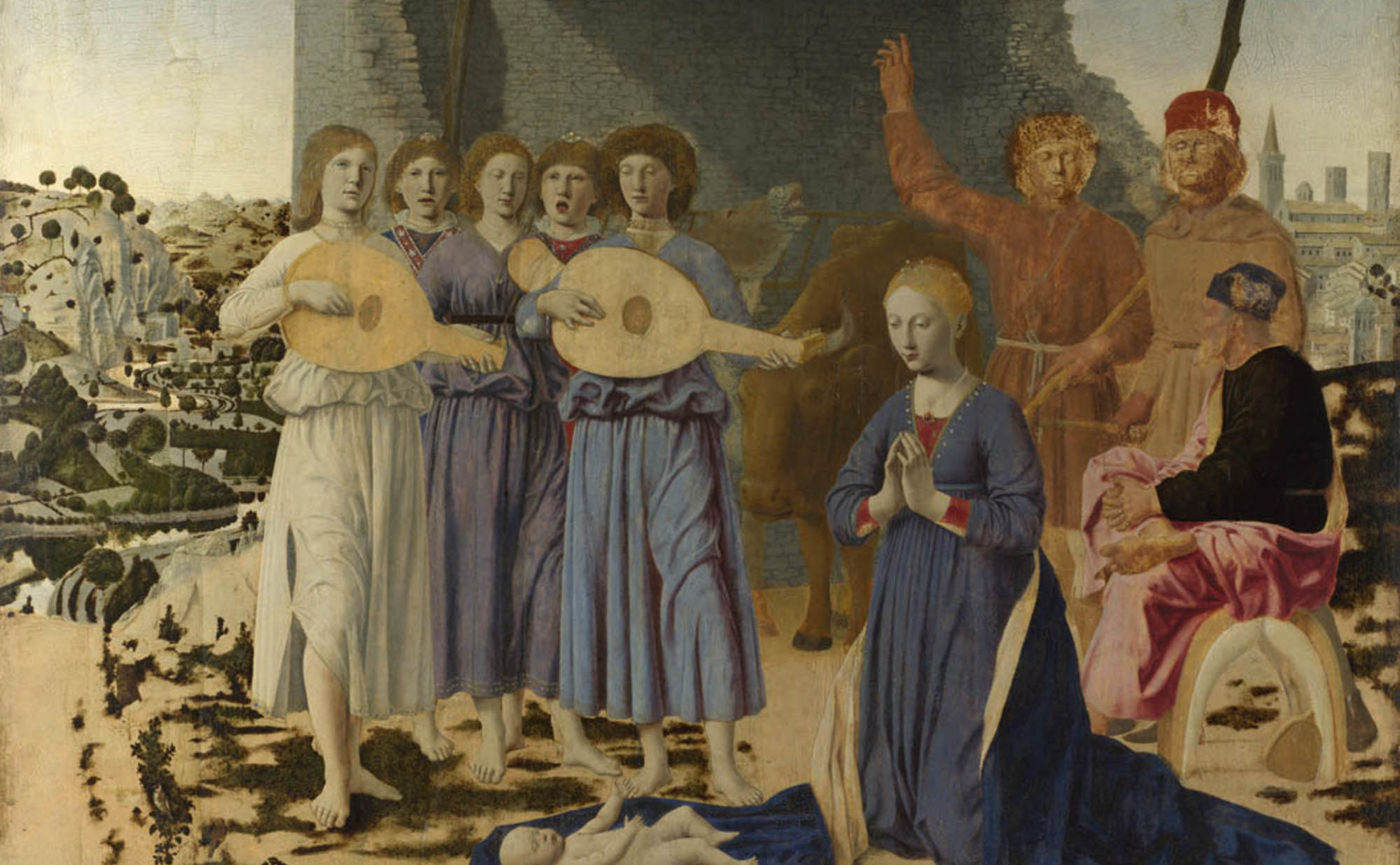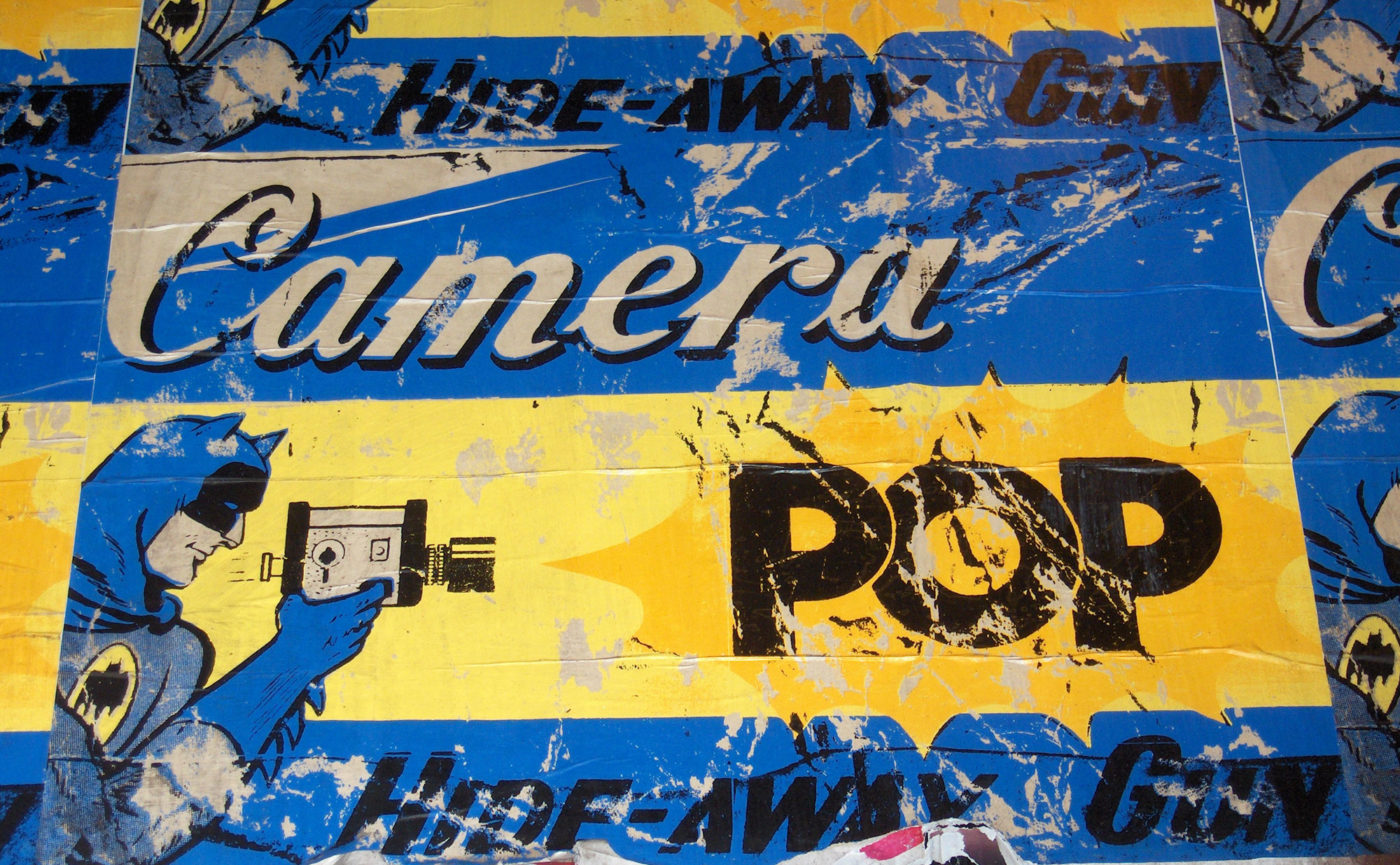In Radicant, published in 2009, the French art critic Nicolas Bourriaud tries to construct an essayistic path aimed at identifying the new cultural routes that characterize the new millennium, putting it as a response to the current practices of globalizing capital and finding a possible solution in the practices implemented by some contemporary artists. In it he introduces the term Altermodern, indicating the current historical period, whose assumptions date back to the nineties of the previous century. As Bourriaud writes, […]





